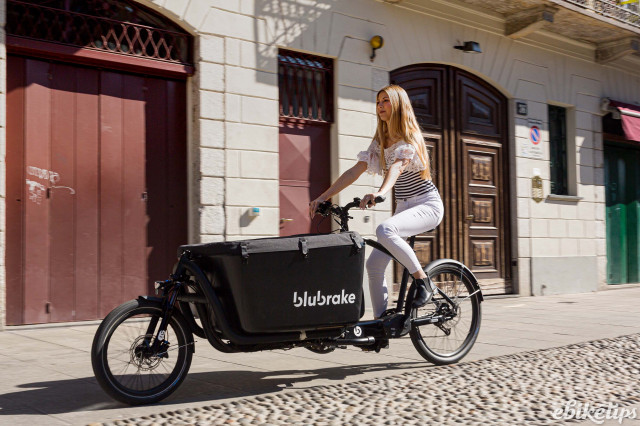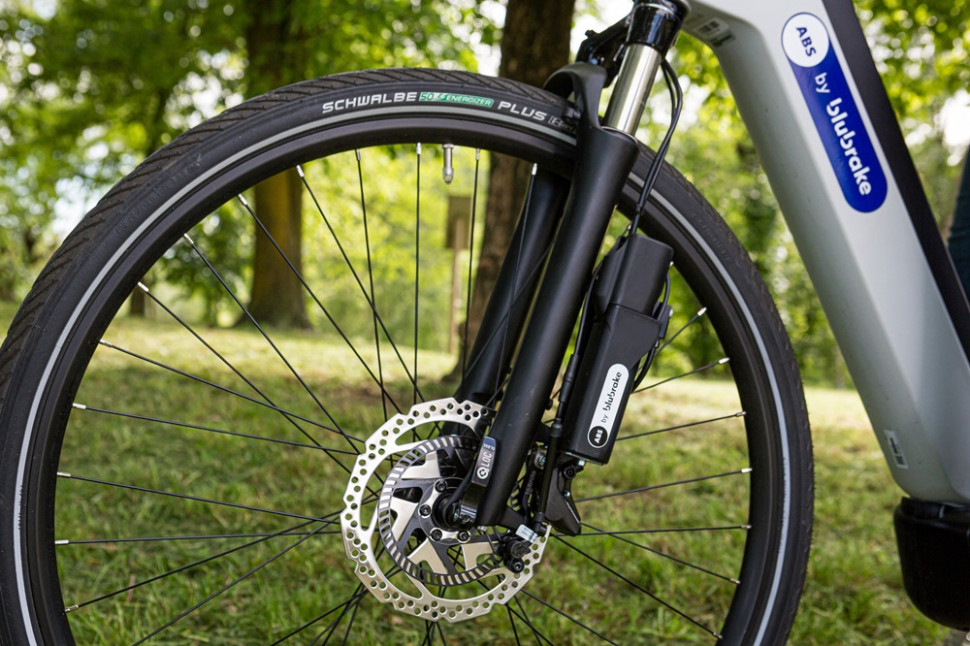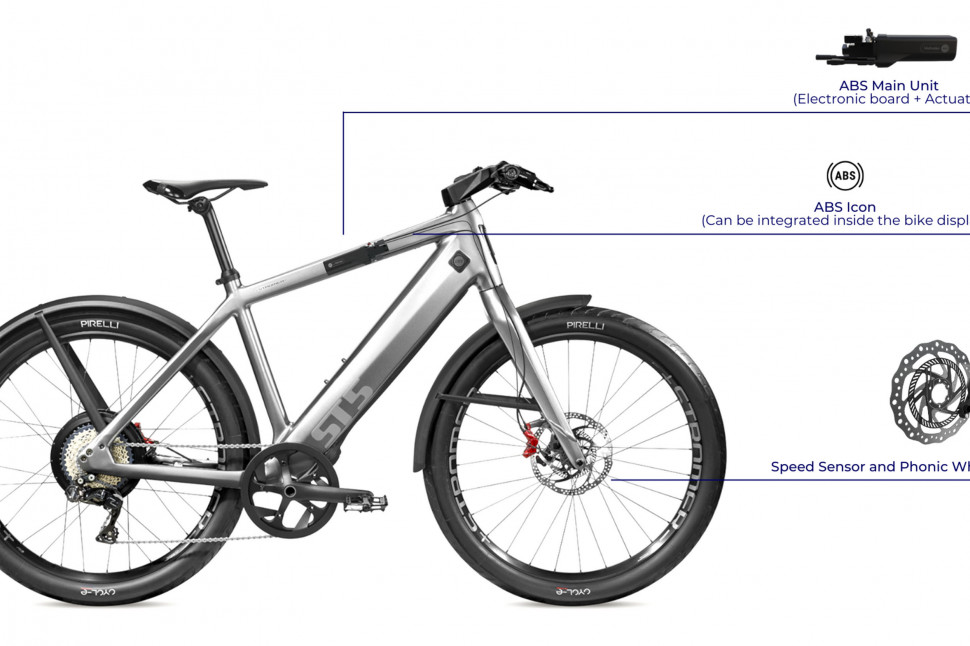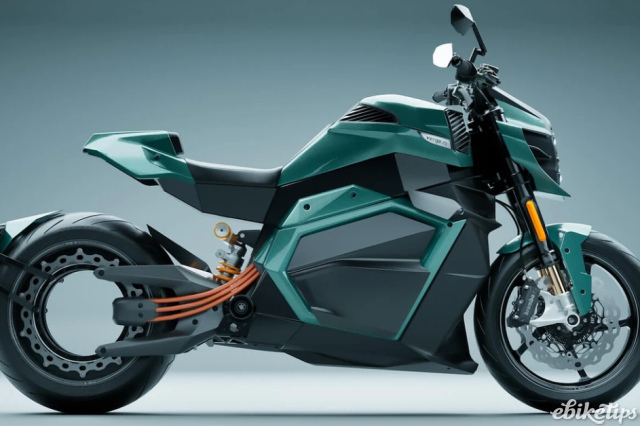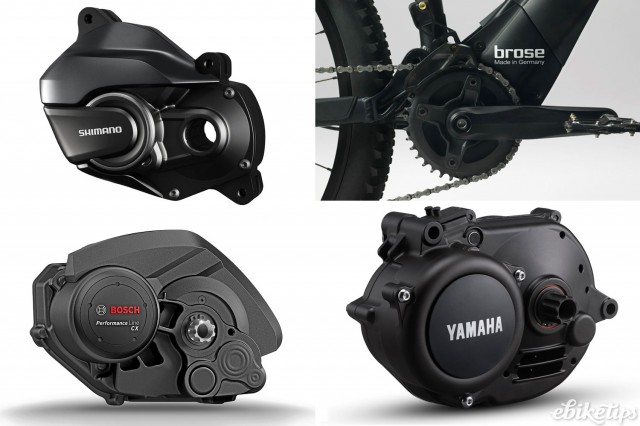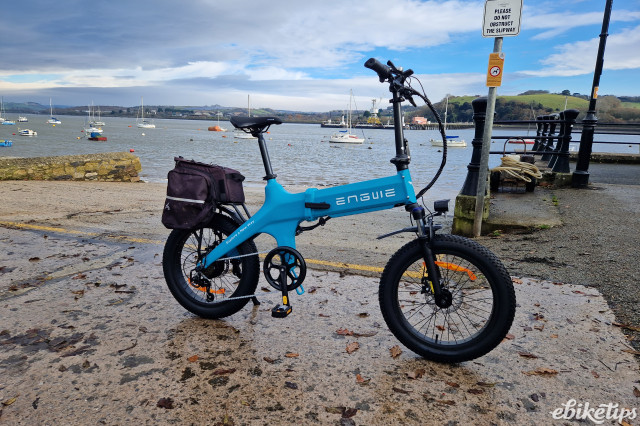Swiss Touring Club (TCS), the country’s association representing drivers, has concluded that an ABS improves the safety, manoeuvrability and stability of e-bikes in its tests. The findings have led the association to recommend fitting the braking system on all e-bikes and e-cargo bikes.
TCS’s tests involved cyclists with various levels of experience riding across different terrains and joining motorised traffic. The association found that an anti-lock braking system (ABS) on an e-bike provided better stability when braking across all types of terrain.
TCS' tests showed that ABS reduced inexperienced riders’ braking distance by a tenth and improved the perceived safety of even more seasoned cyclists, allowing them to brake more easily and naturally. ABS proved to be useful, especially on terrains which are often challenging for e-bike riders, such as low-traction roads, gravel, and slippery roads that are covered in snow or ice.
> Bosch launches new e-bike ABS
You might wonder why ABS is not recommended for regular push bikes then, as well. The reason is mainly to do with e-bikes’ weight, especially that of e-cargo bikes. Because they are significantly heavier, they are more difficult to manoeuvre and locking up the brakes can lead to a lot more serious consequences.
TCS says that most electric bike and cargo bike falls occur when riders panic brake and lock up the front wheel, causing the bike to become unstable, and the risk increases on slippery terrains. An ABS constantly monitors a bike and prevents hard braking and wheel lock-up by modulating the front brake’s pressure, delivering a controlled stop regardless of the situation.
Although ABS is a legal requirement for cars, for e-bikes the system is a more recent adoption that is quickly gaining more popularity.
Bosch introduced e-bike ABS in 2017. Blubrake then rolled out the first integrated ABS for e-bikes in 2019 and has since partnered up with Shimano.
